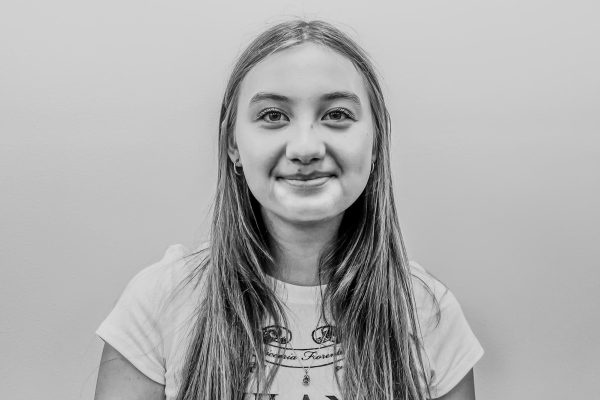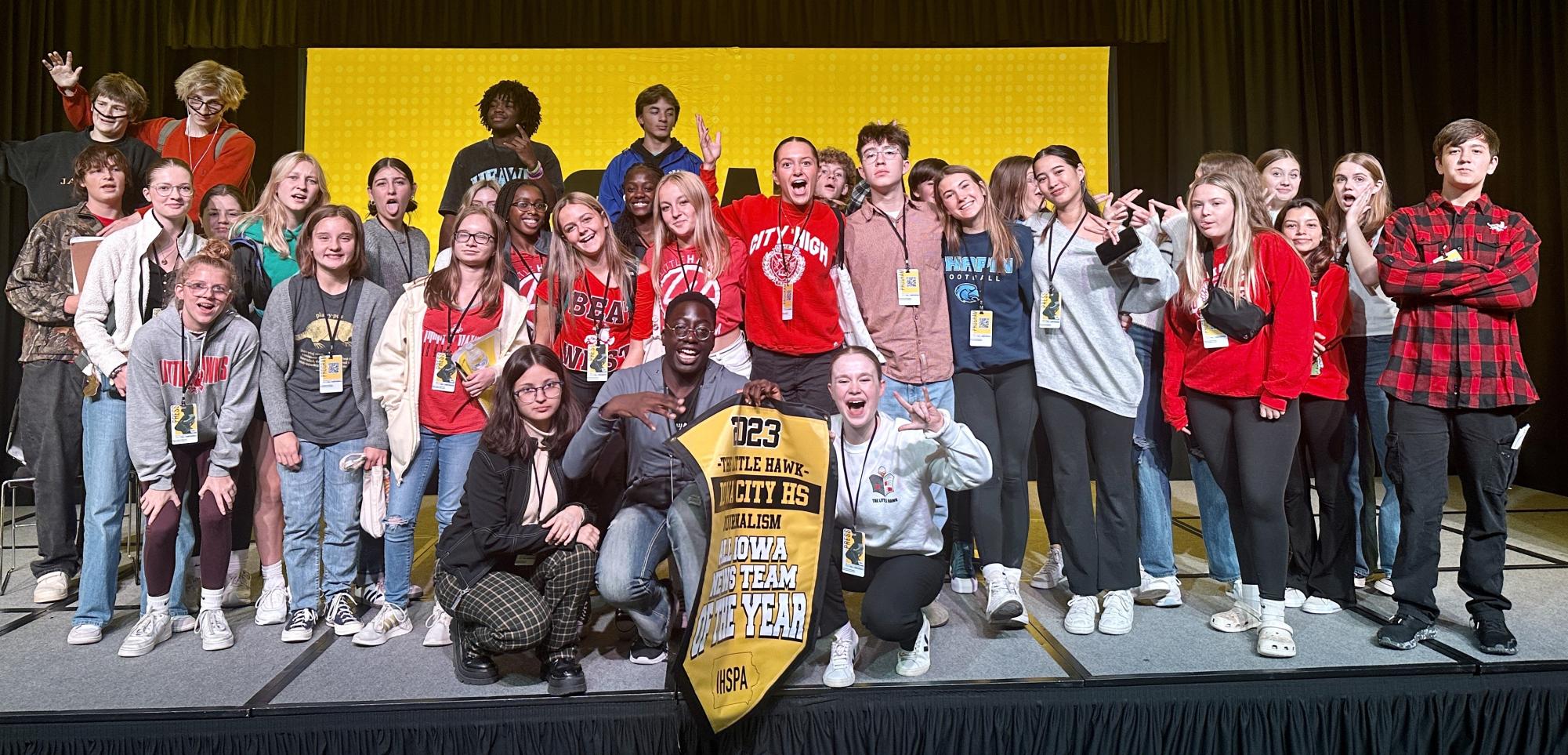
 OPINION
OPINIONFloris Roorda, reporter | May 13, 2025

 MULTIMEDIA
MULTIMEDIAJack Rogers, Rito Perez, Gabriel Egeland, and Jack Lampe | May 9, 2025
 A & E
A & EEstelle Hartz, A&E Editor | May 8, 2025
Floris Roorda, reporter • May 13, 2025
Ramy Makawi, Social Media Editor • May 9, 2025
Estelle Hartz, A&E Editor • May 8, 2025
Martha Willard, Copy Editor • May 7, 2025





May 7, 2025

May 5, 2025


Ethan LaLumiere, Assistant News Editor • May 2, 2025

Tai Caputo, Executive Editor and Feature Co-Editor • April 28, 2025




MEET THE STAFF

Sadie Bodzin
Culture Co-Editor

Claire Hartwig
News and Culture Co-Editor

Henry Birt
Yearbook Reporter
View this profile on InstagramThe Little Hawk (@instalittlehawk) • Instagram photos and videos
DONATE
$2710
$5000
Contributed
Our Goal















